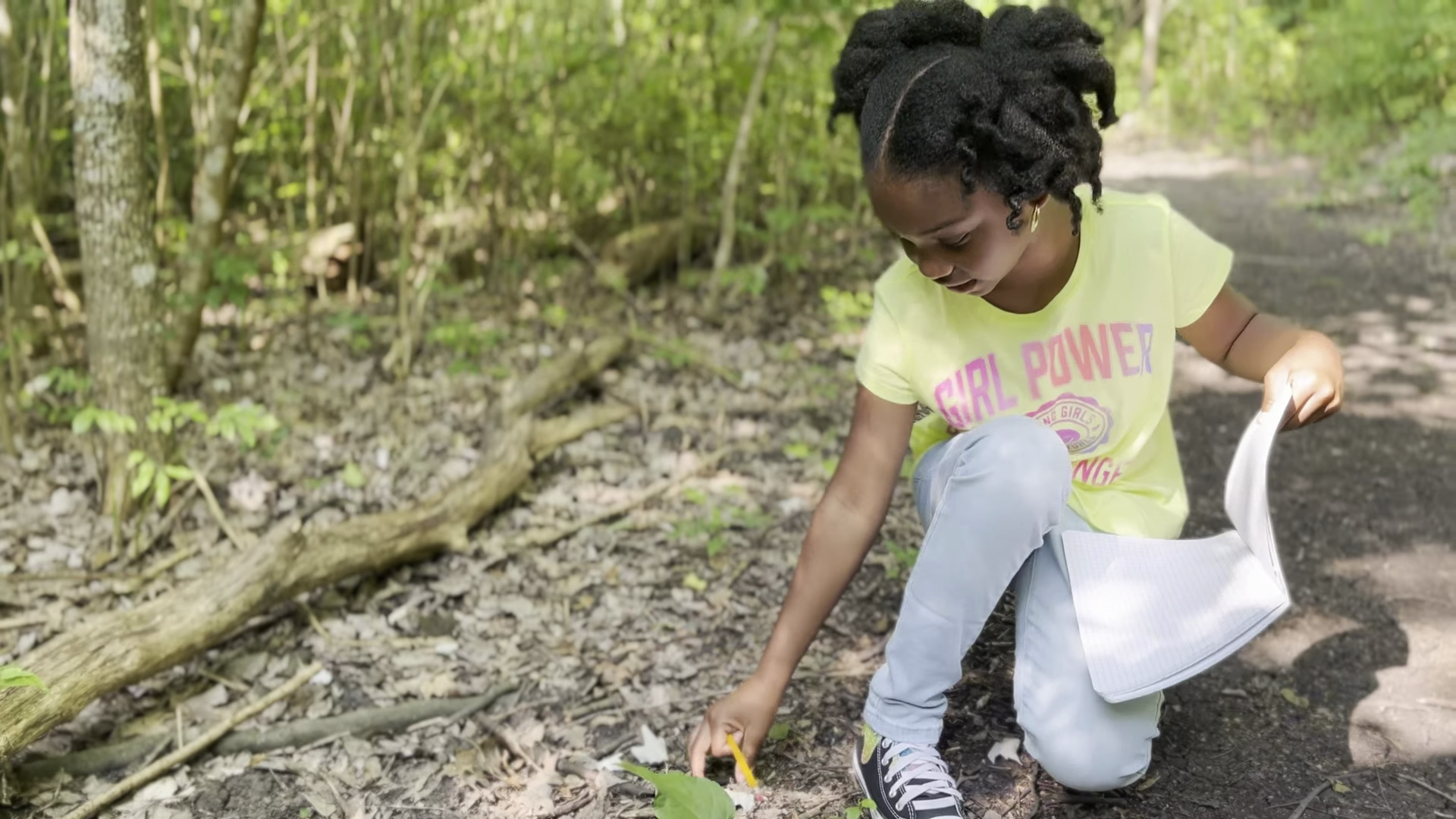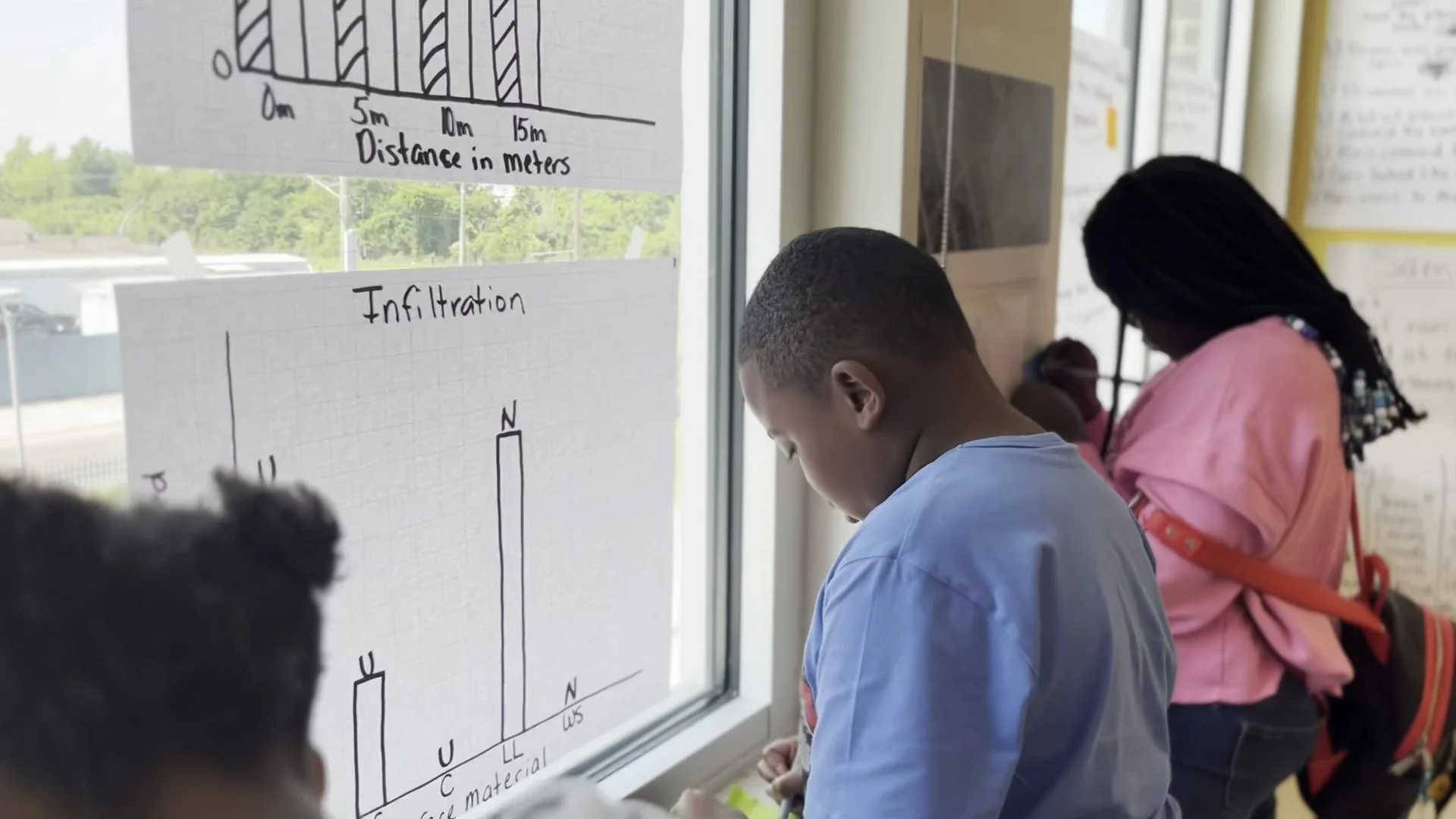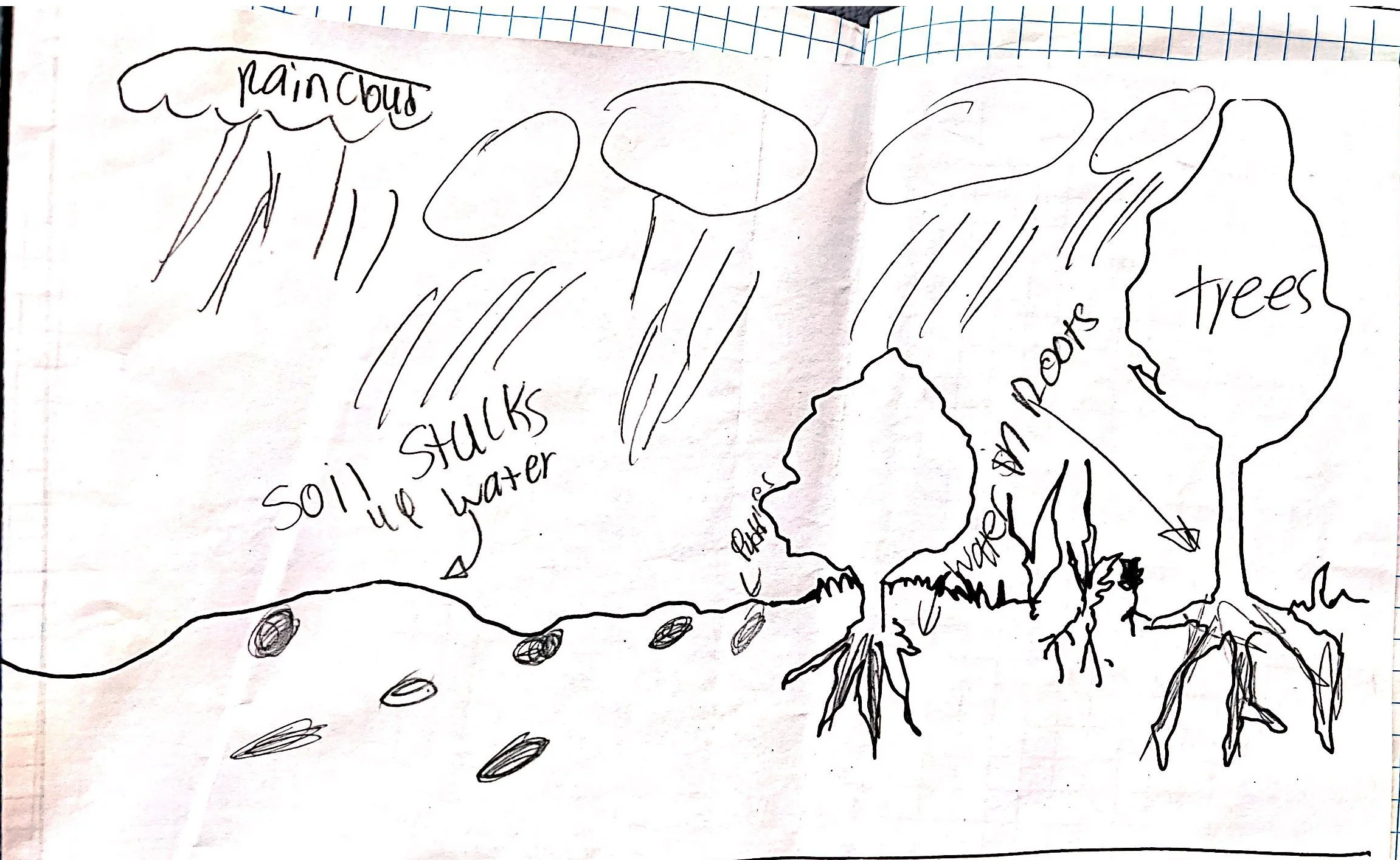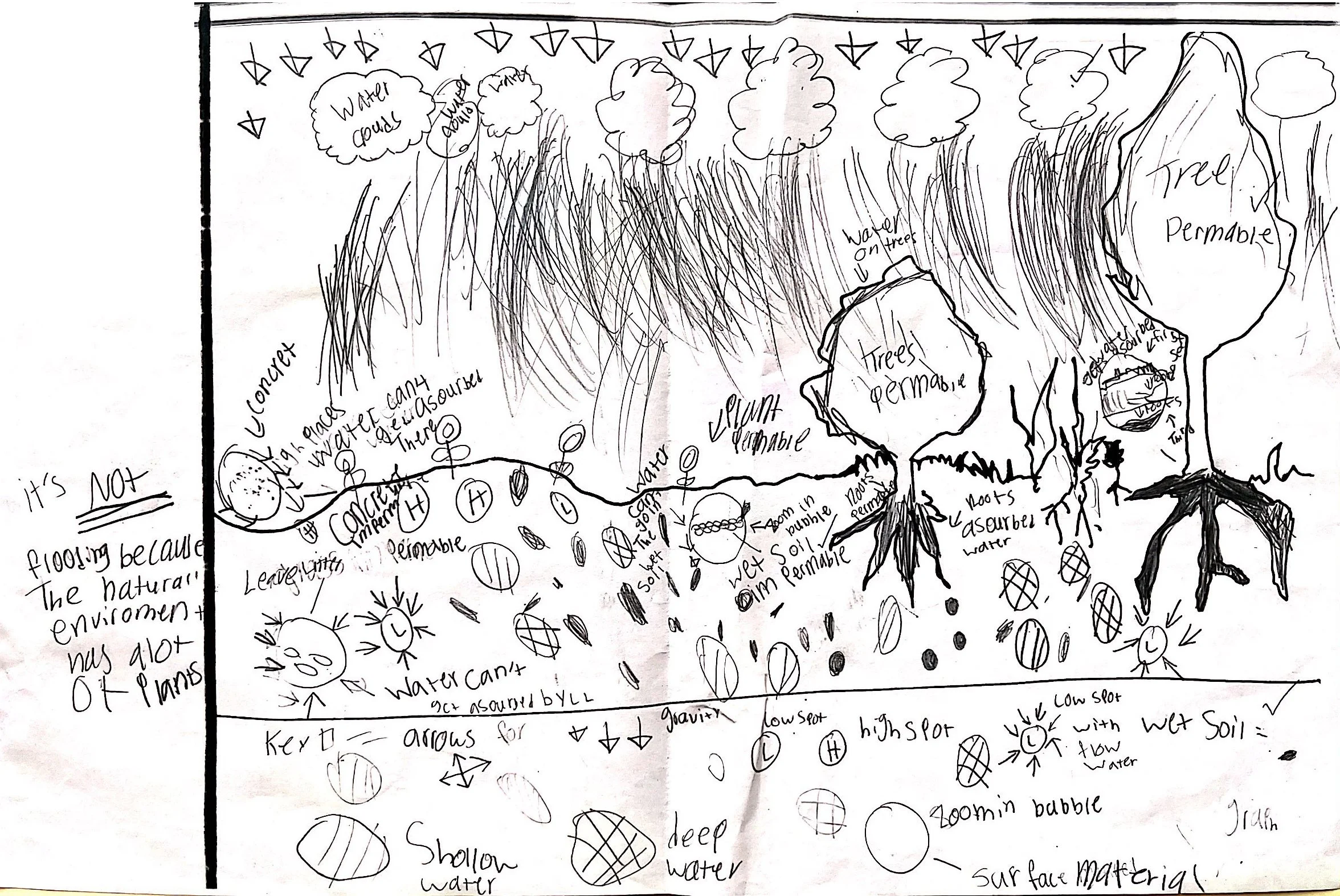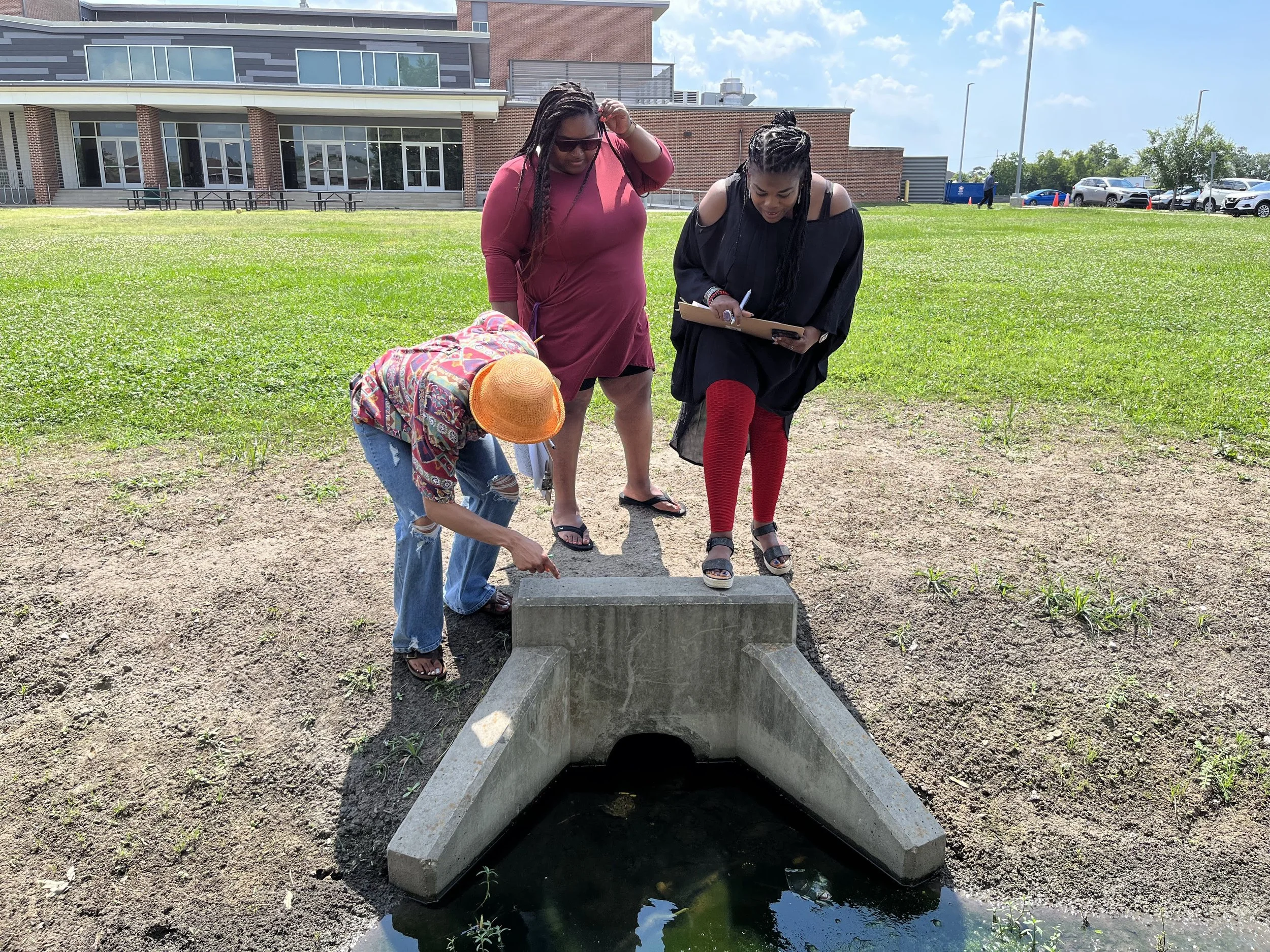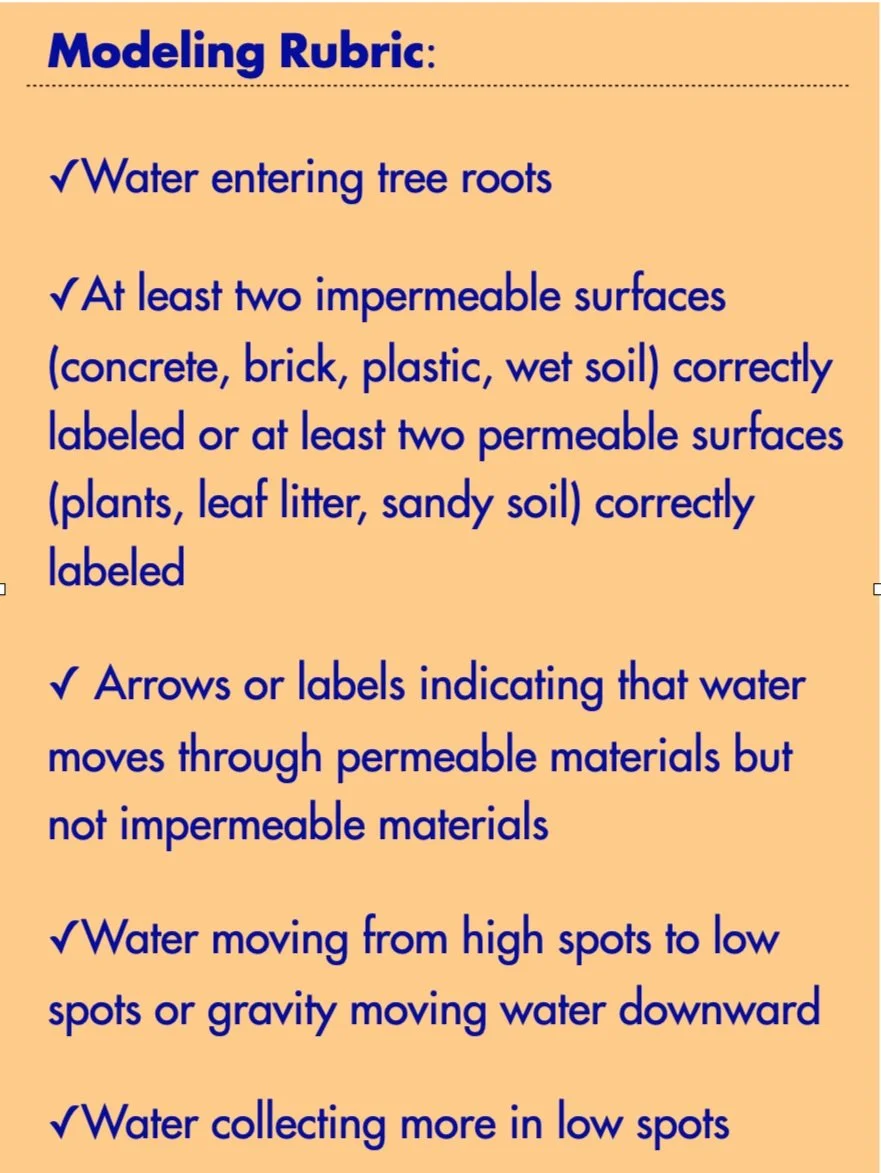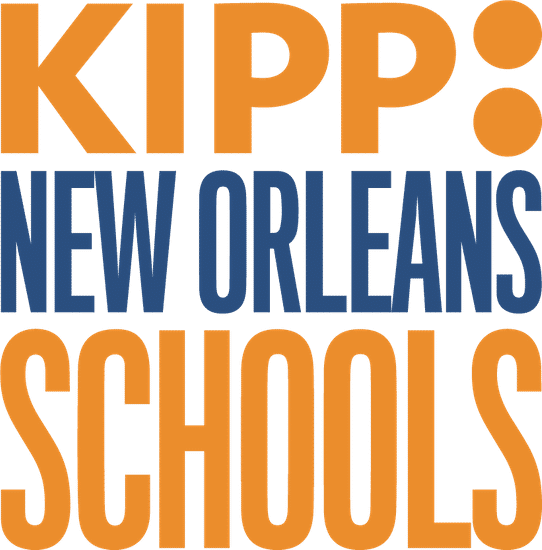Puddles to Floods
Puddles to Floods
A field-based teaching and learning intensive for elementary teachers and students
Year 1 completed 2023, Year 2 in process.
Third graders noting their observations at Audubon Louisiana Nature Center
“I learned that outside can teach us.”
— 4th grade student
Program description
Puddles to Floods is a 2-year pilot program that is equal parts professional development for teachers and science summer school for students. The overarching goal of the program is to support 3rd through 5th grade teachers and students in developing their capacity for field-based experiences while learning about stormwater flooding in New Orleans.
Teacher Learning
Puddles to Floods is a summer institute that supports elementary school teachers in understanding how and why to lead student engagement in NGSS-aligned science practices and helps them develop the belief, confidence, and skill to guide students through a learning process that is motivated by their questions and ideas.
Teachers receive daily live coaching in the classroom from program leaders and participate in four hours of professional learning each afternoon. These sessions provide opportunities to analyze student work, use data to adjust lesson plans, and practice particularly tricky aspects of the curriculum while receiving feedback from their fellow teachers and program leaders.
Curriculum
Ripple Effect team members used OpenSciEd’s instructional model to structure the 4-week unit. In this approach, students create an initial model, then use their findings from investigations to communicate their increasingly sophisticated understanding of an anchoring phenomenon. Educators from Louisiana Sea Grant and UNO’s Coastal Education Program helped build content knowledge and test field-based data collection protocols early in the curriculum design process. And the leaders of Groundwork NOLA and Healthy Community Services taught students about green infrastructure through a field trip at one of their project sites.
Ripple Effect worked with longtime partner BSCS Science Learning, the lead institution in the OpenSciEd Developers Consortium, to identify a curriculum design template that encouraged maximum fidelity to the intent of Next Generation Science Standards (NGSS) and Louisiana State Science Standards (LSSS). This included color coding the lesson-level performance expectations to match each of the NGSS dimensions (science and engineering practices, disciplinary core ideas, and crosscutting concepts) and then detailing how those dimensions could be seen or heard in student work and discourse throughout the unit.
Field-based Learning
Teachers begin Puddles to Floods with four days of field-based learning, giving them an opportunity to familiarize themselves with the science content knowledge and investigation protocols before students arrive. Throughout the course of the unit, a two-part field-based learning structure scaffolds the experience for both teachers and students. Because the unit asks students to figure out why an urban environment floods but a more natural forest environment nearby does not during the same rainstorm, classes start by conducting a series of investigations into the surface types and elevations in their own schoolyard, an environment with which they are intimately familiar. Once they’ve gained familiarity with the protocols, they conduct the same series of investigations in the natural environment.
District-level Partnership
Since 2021, Ripple Effect has worked closely with KIPP New Orleans administrators, school-based instructional leaders, and elementary science teachers to design and implement a series of district-wide interventions to improve the quality of science instruction. This effort has included modifying curriculum to create more opportunities for students to investigate their own questions about locally relevant scientific phenomena and using professional development to increase teacher capacity to identify, evaluate, and leverage student ideas to deepen their understanding of science concepts. The Puddles to Floods program is an extension of these efforts and was piloted at KIPP Morial with approximately 50 students throughout the district in the summer of 2023.
Impact & Evaluation
In Year 1 of the Puddles to Floods program, our main goal was to build teachers’ field-based inquiry facilitation skills, and in turn, produce measurable gains in students’ understanding of urban stormwater flooding. In 2023, with the help of an external third party evaluator, Ripple Effect measured progress toward these outcomes.
We evaluated student learning outcomes by assessing their explanations, models, and model interviews.
Student Learning
60%
Improvement in teachers’ self-reported ability to lead students in conducting field-based investigations
“We did experiments during the year, and yeah, they did have to collect data, but that information didn’t go anywhere after that. It was just like ‘Alright, you did this experiment. You wrote these numbers down. Onto the next thing.’ But with this, it was like, ‘What do these numbers mean if our question is ‘Why does it flood more in the urban environment than the natural one?’”
— Jazmine Henderson, Teacher, 3rd Grade
Teacher Learning
We evaluated teacher learning outcomes through surveys and a focus group conducted by a third party evaluator.
56%
Improvement in student scores from their initial to final models.
“The urban environment flooded because on the urban environment surface material is mostly covered with concrete, and concrete is impermeable. I know because it absorbed 0mL.”
— Brooklyn, 3rd grade
Project Partners
Special thanks to our funder: National Academies Gulf Research Program
Want to stay in the loop on water literacy?
Sign up for our newsletter to receive quarterly updates.



